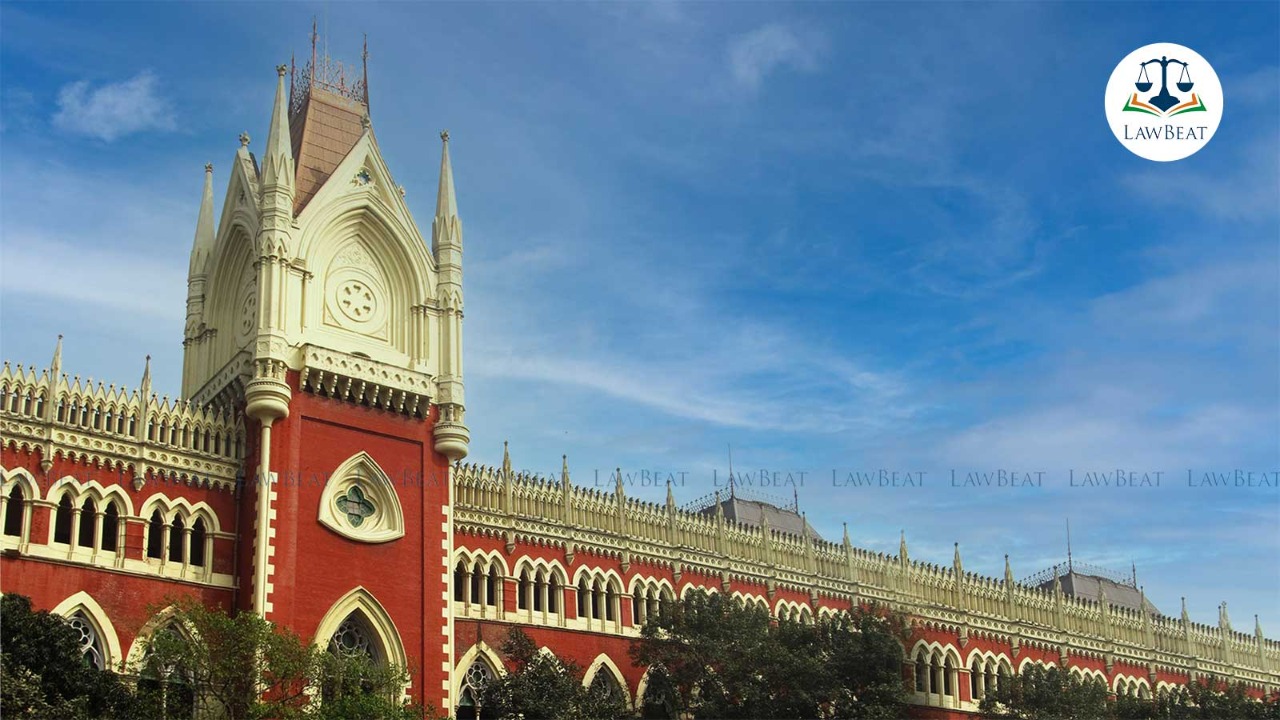"No Pre Planned Murders": Calcutta High Court Commutes Death Penalty to Life Imprisonment In Triple Murder Case

Court said that there was nothing placed on record against the appellants to show that they were hardened criminals who had no possibility of reformation.
A division judge bench of Justices Joymalya Bagchi and Subhendu Samanta of Calcutta High Court at Jalpaiguri recently commuted the death sentence to rigorous imprisonment for life without remission for a period of 30 years and a fine of Rs.10,000 each.
The bench was hearing a criminal appeal and death reference against the judgment and sentence order dated 25.06.2019 and 26.06.2019 passed by the trial court of Siliguri.
The court while hearing the appeal observed that the appellants were first-time offenders and evidence on record did not show that the appellants had come to the place of the incident armed or that the murders were pre-planned.
The appellants were found guilty of offences under sections 302 (Punishment for murder), 392 (Punishment for robbery), 411 (Dishonestly receiving stolen property), and 34 (Acts done by several persons in furtherance of common intention) of the IPC by the trial court.
The prosecution's case was that the appellants were paid to do furniture work at the home of deceased people. It was stated that the appellants committed robbery and killed three people in the said house. Many mobile phones, jewellery items, ATM cards, and cash were discovered from the appellants throughout the investigation that had gone stolen from the home of the deceased persons.
The division bench of the high court observed in the death sentence reference that the trial court had failed to assess the mitigating circumstances and said that the presence of mitigating factors like lack of criminal antecedents play an important role to opt for a more humanistic approach of imposition of life imprisonment without remission.
Further, the court also said that the murders were not pre-planned, they were mere carpenters who had committed robbery.
Furthermore, the court relied upon the case of Machhi Singh vs. the State of Punjab which talks about the “rarest of rare” cases for attracting the death penalty.
The bench also referred to the case of Union of India vs. V. Sriharan@Murugan And Ors (2016)7 SCC1 which upheld the ratio in Swamy Shraddananda vs. State of Karnataka and affirmed the power of superior courts to impose a life sentence without remission after commuting death sentence.
Accordingly, after balancing the aggravating and mitigating factors, the division bench commuted the death sentence and directed to set off the period of detention from the substantive sentence suffered by the appellants during the investigation, enquiry and trial.
Case Title – The State of West Bengal vs. Sahadeb Barman & Ors
Statute – Sections 302, 392, 411 r/w 34 of IPC, Section 428 of CrPC.
